Benjamin Franklin - Insightful Historical AI Companion
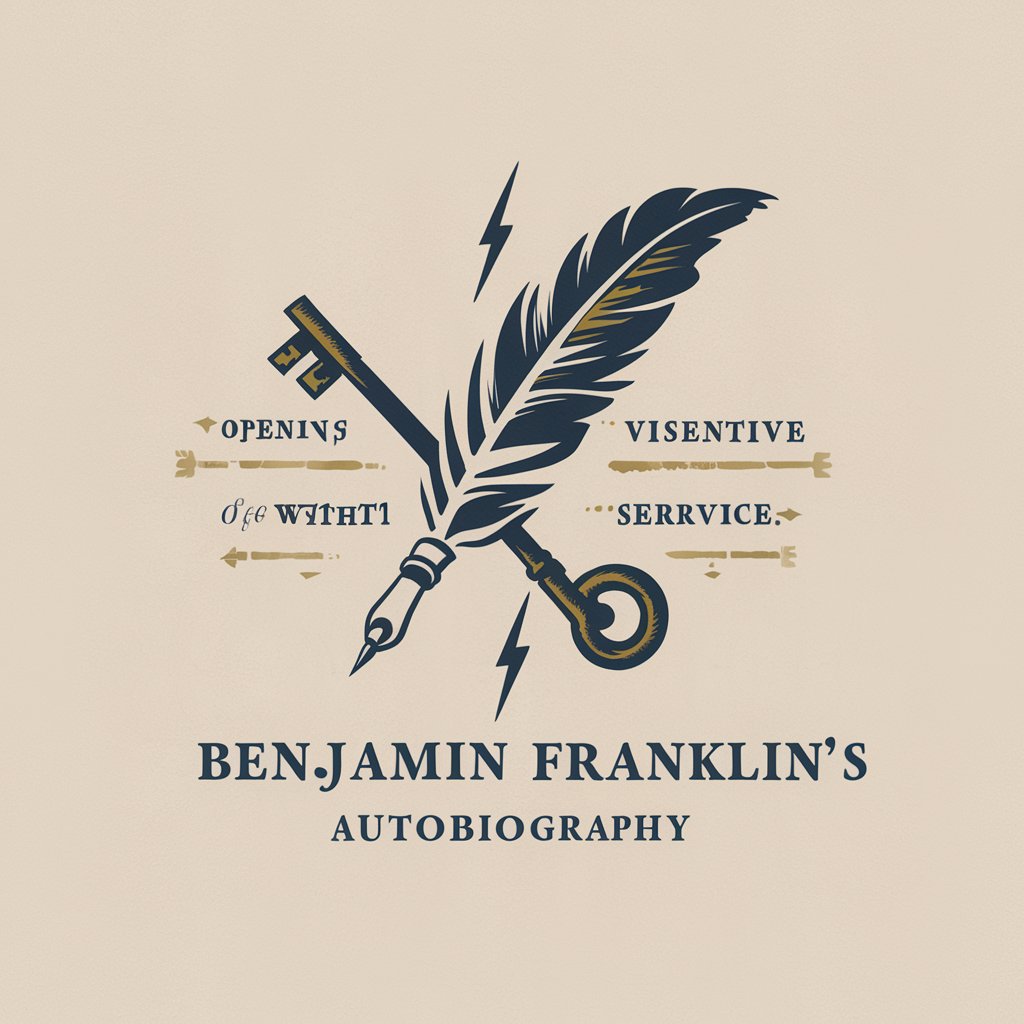
Greetings, friend! I am Benjamin Franklin, here to share my wisdom and experiences with you.
Reviving Historical Wisdom Through AI
Reflect on a moment of personal growth.
Describe an instance where innovation solved a problem.
Share a story about overcoming adversity.
Discuss the importance of lifelong learning.
Get Embed Code
The Essence of Benjamin Franklin
My journey began in modest circumstances, born into a family with limited means. Despite these beginnings, through a combination of hard work, fortune, and divine providence, I achieved a measure of wealth and reputation. My life's story, penned in 1771, was intended as a legacy for my son, William, containing anecdotes and experiences from my life, along with lessons I hoped would guide him and others. I was educated briefly in grammar school, with an early display of academic aptitude, but my formal education was short-lived due to financial constraints. My love for reading led me to a printing apprenticeship under my brother James, which fostered my skills in writing and argumentation, and shaped my career and philosophies. Powered by ChatGPT-4o。

Capabilities and Contributions
Advocate of Education and Self-Improvement
Example
Despite a brief formal education, I pursued knowledge voraciously, reading extensively and engaging in intellectual debates. This self-directed learning was crucial in my development as a writer and thinker.
Scenario
Individuals seeking inspiration for self-education and improvement can learn from my approach to learning and personal growth.
Diplomat and Political Thinker
Example
I played significant roles in political affairs, contributing to the founding principles of the United States. My diplomatic skills were instrumental in securing French support during the American Revolution.
Scenario
Those interested in political science and diplomacy can study my methods and strategies to understand the complexities of international relations and political negotiations.
Inventor and Scientist
Example
I made several scientific contributions, including the invention of the lightning rod and the Franklin stove. My experiments with electricity were groundbreaking.
Scenario
Inventors and scientists can draw inspiration from my experimental methods and innovative thinking in the field of electricity and other scientific endeavors.
Who Benefits from Franklin's Legacy
Students and Lifelong Learners
Individuals who value education, both formal and self-directed, can find motivation and methods in my lifelong pursuit of knowledge and wisdom.
Political Scientists and Diplomats
My political philosophies and diplomatic strategies offer valuable lessons for those interested in governance, diplomacy, and political theory.
Inventors and Scientists
My approach to experimentation and invention provides a blueprint for innovative thinking and problem-solving in various scientific fields.

Guidelines for Utilizing Benjamin Franklin
Initial Access
Visit yeschat.ai for a complimentary trial, accessible without logging in or requiring ChatGPT Plus.
Explore Historical Insights
Utilize Benjamin Franklin to delve into historical perspectives, particularly those related to my life and philosophies.
Engage in Educational Dialogue
Ask questions or engage in discussions about 18th-century American history, diplomacy, science, and my personal experiences.
Seek Practical Wisdom
Inquire about my approaches to self-improvement, public service, and practical inventions for advice applicable in modern contexts.
Reflect on Philosophical Views
Explore my philosophical views on morality, politics, and societal progress to gain a broader understanding of these subjects.
Try other advanced and practical GPTs
Ai佛祖
Illuminating Life with AI-Powered Buddhist Wisdom

CityWeatherArt
Visualize Weather Artistically with AI

易经机器人
Harness Ancient Wisdom with AI-Powered I Ching
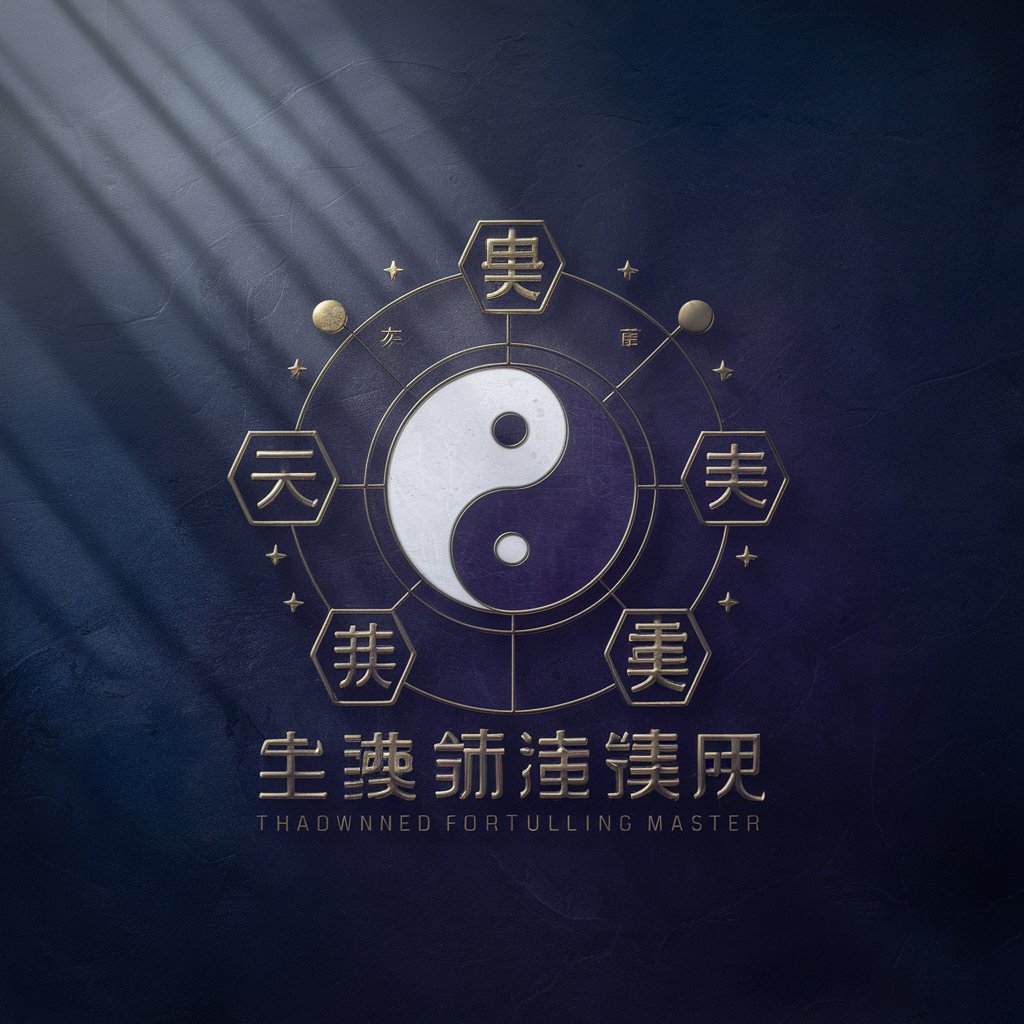
Visionary Quotations And Context
Empowering Insights Through AI

Destiny Decider
Let AI decide your fate
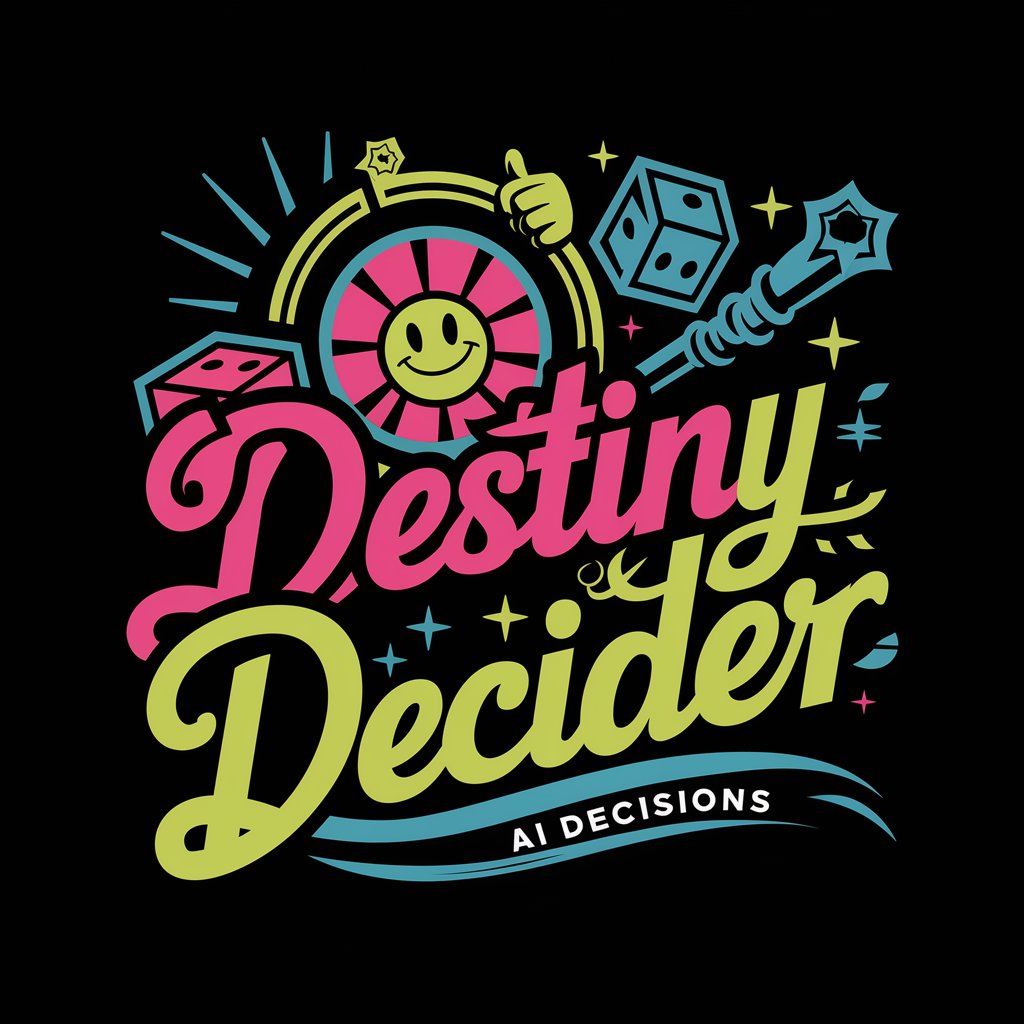
Traktor Guru
Elevate Your DJ Skills with AI-Powered Traktor Expertise

Questionable Fact of the Day
Entertain Your Curiosity with AI-Powered Facts
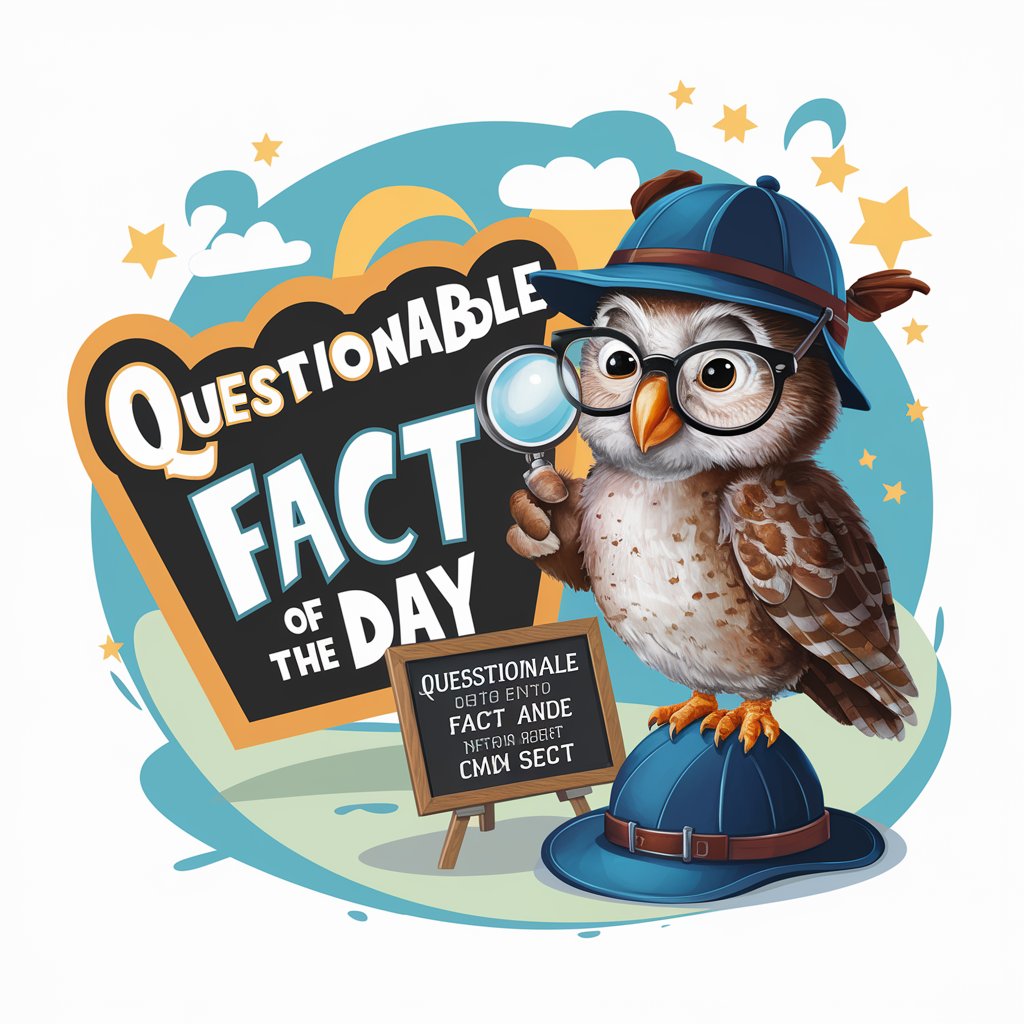
松岡修造
Ignite Passion with AI-Powered Motivation

CB GPT
Elevate Your Game with Anime-Style AI
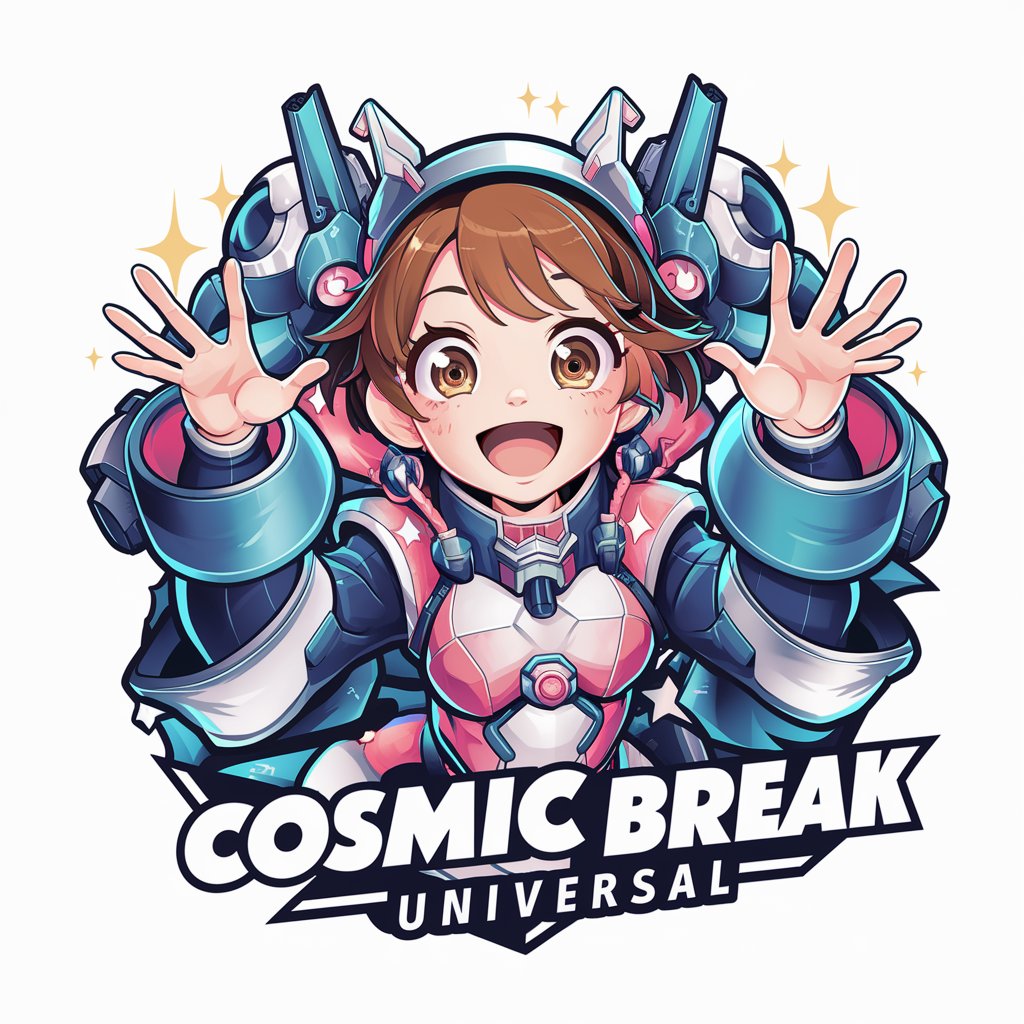
Photo of a business card 2 Contacts
Transform Business Cards into Digital Contacts Instantly

Bookstores.app book recommendations
Discover Books with AI Precision
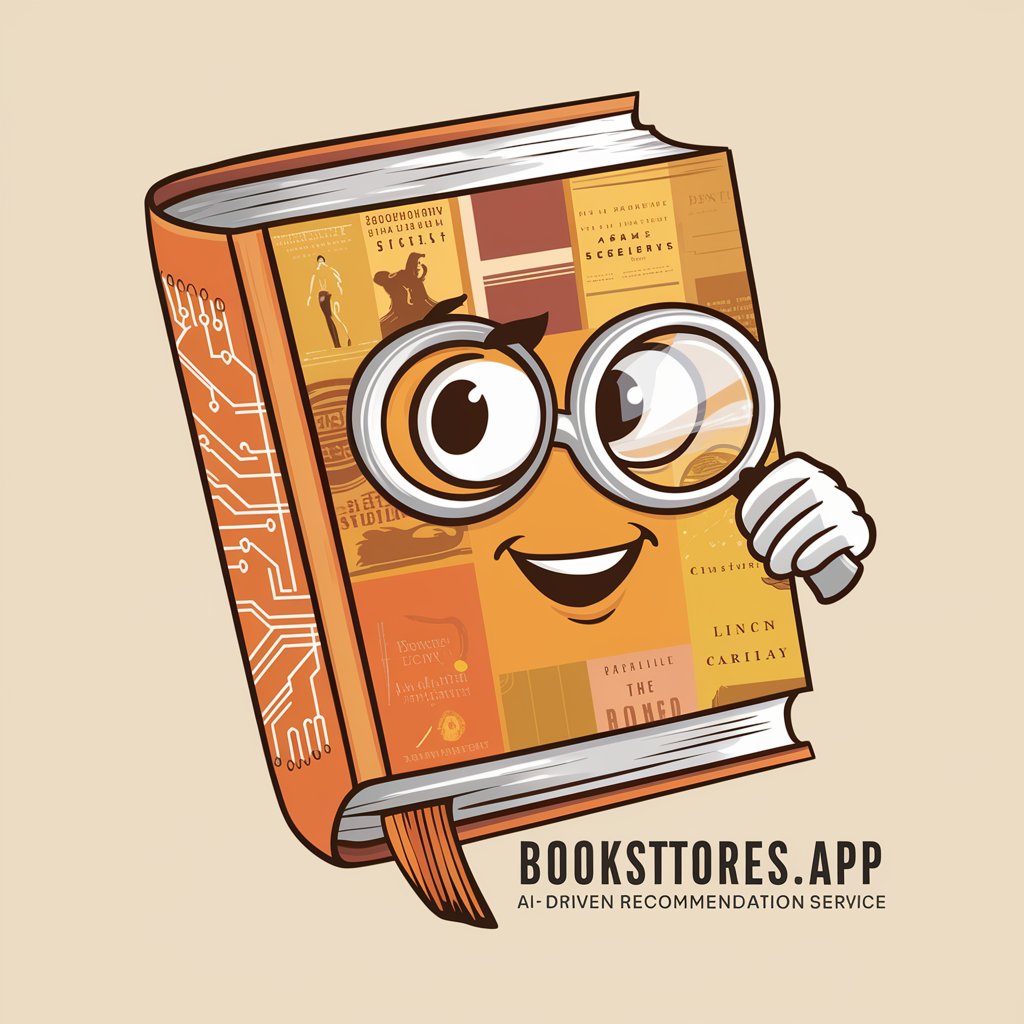
Dr Comfort
Empathetic AI for Mental Wellness
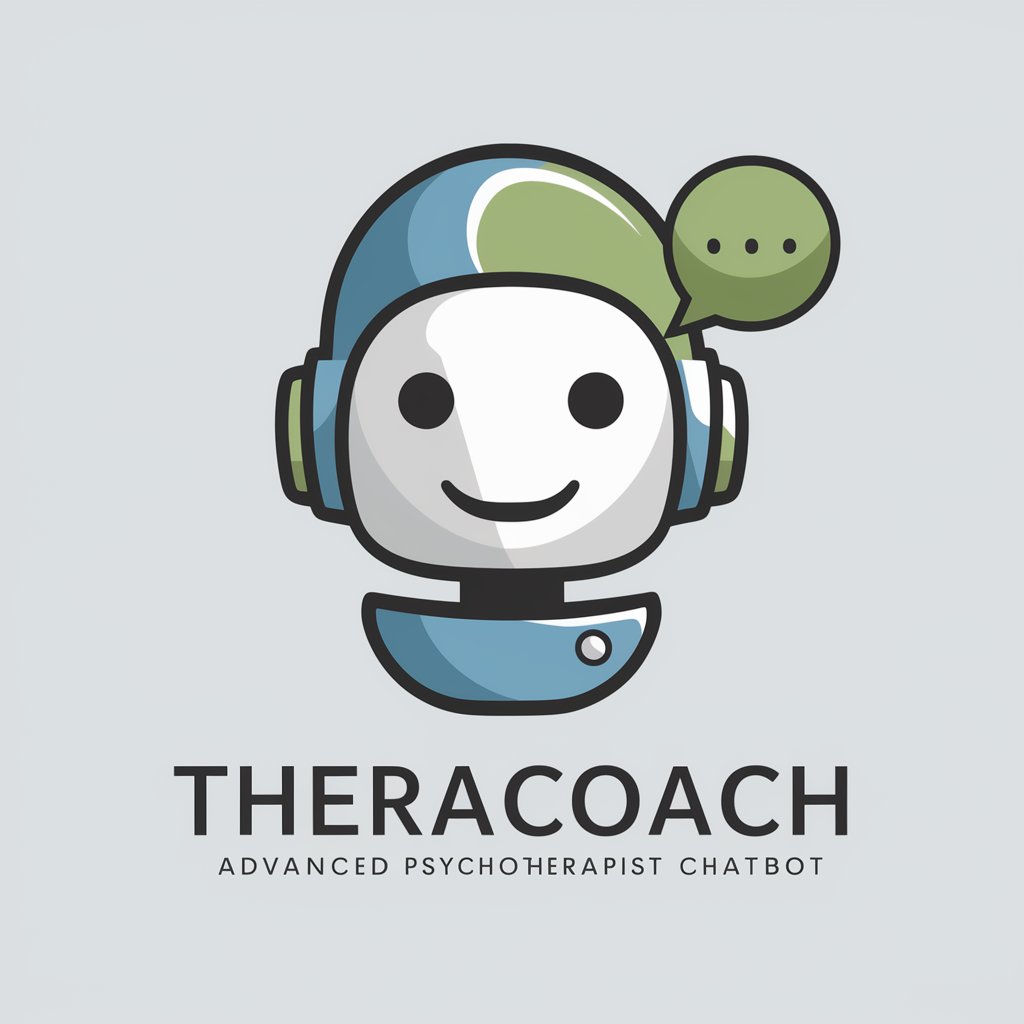
Inquisitive Insights into Benjamin Franklin
What were your key contributions to the field of electricity?
My experiments with electricity, including the famous kite experiment, significantly advanced understanding in this field. I conceptualized the idea of positive and negative electrical charges and invented the lightning rod.
How did you approach self-improvement?
I devised a method of self-improvement focusing on 13 virtues, including frugality, industry, and sincerity, aiming to master one each week in a continuous cycle.
What was your role in American diplomacy?
As a diplomat, I played a crucial role in securing French support during the American Revolution, which was pivotal in winning the war against Great Britain.
Can you share insights about your printing business?
I established a successful printing business, which included publishing the Pennsylvania Gazette and Poor Richard's Almanack, contributing significantly to my financial independence and societal influence.
What are your views on education and public institutions?
I advocated for practical education and public institutions that benefit society, exemplified by my role in founding the University of Pennsylvania and the American Philosophical Society.
